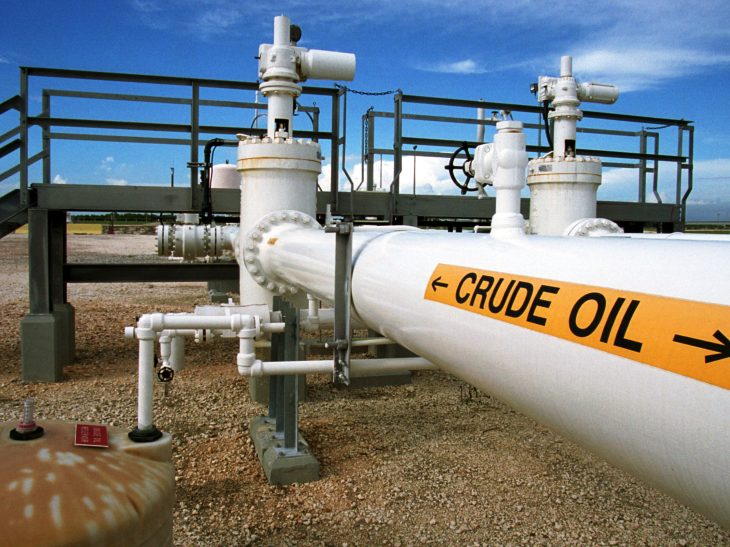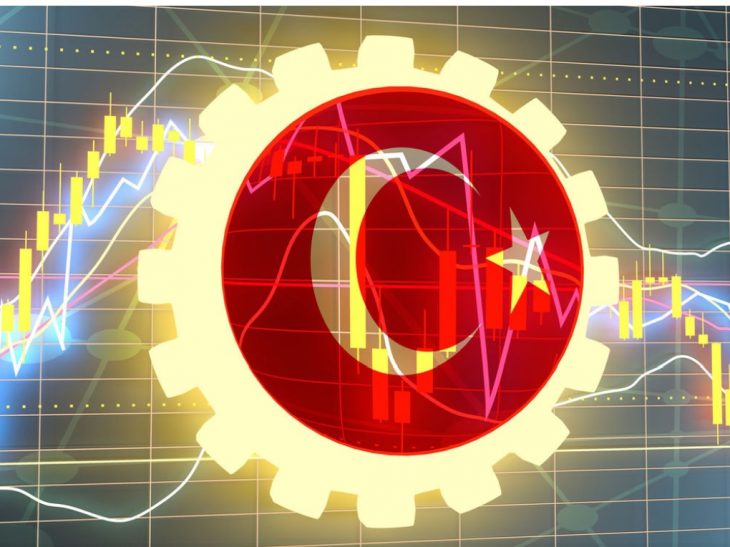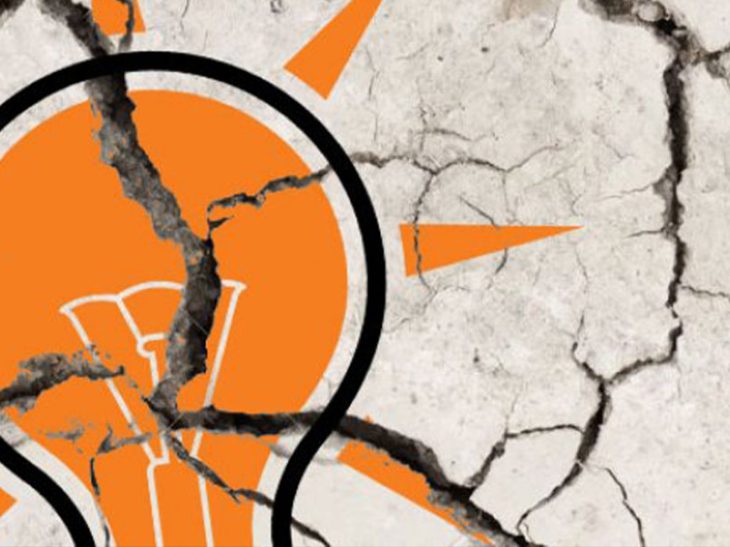TURKEY: Consumer confidence up, along with inflation expectations
 tr-economy1
tr-economy1
June data dump revealed a fairly ugly picture of the economy. June manufacturing PMI remained in the contractionary territory for the third month in a row, with employment declining significantly. On the positive side, firms price hikes moderated, too. A consumer confidence index complied by private broadcaster BloombergHT exhibited an unexpected increase, as a separate poll revealed households expect CPI to fare at 97% in the next 12 months. All in all, it is very difficult to say that the domestic demand is cooling to an extent which would aid disinflation.
An increasing number of surveys point out that the true inflation expectations are by orders of magnitude higher than those expressed in the Central Bank’s monthly survey, indicating that rates must hiked once again.
The shrinkage in manufacturing PMI is largely related to large companies unable to sell sufficiently at home and abroad. Poor supply conditions coupled with voracious domestic demand does not bode well for the future of Turkey’s austerity program.
The BloombergHT website reported the results of the preliminary consumer confidence survey today:
Bloomberg HT Consumer Confidence Index increased by 6.08 percent in June compared to the final index of the previous month and reached 70.12.
Looking at the details of the index, an improvement is observed in both the consumer’s perception of the current situation and their expectations for the next 12 months. In general, the removal of some contentious articles in the tax draft bill (yet to be officially unveiled), and the long holiday seems to have had a positive impact on the general perception. The positive sentiment reflected to the financial markets.
In this context, Bloomberg HT Consumer Expectation Index increased by 1 percent compared to the previous month to reach 71.35. On the other hand, the Bloomberg HT Consumption Tendency Index, which tries to measure the suitability of the current period for purchasing durable consumer goods, automobiles and housing, increased by 5.12 percent and reached 62.58.
The upward movement in the consumption trend- which fell relatively rapidly after the election- in the last month accentuates the view that the slowdown in domestic demand is not strong enough to combat inflation.
Koc U – KONDA inflation survey
Turkey Household Inflation Expectation Survey June (TEBA) Results, compiled by Koç University with KONDA Research and Consultancy company, have been published today.
According to this; As of June 2024, annual inflation expectation was 113 percent. Households’ inflation expectation in May had been 113 percent, too. Households’ year-end inflation expectation was determined as 93 percent, increasing by 1 point compared to May. Inflation expectation in the 12-month period until June 2025, the results of which were announced for the first time this month, was 97 percent.
Follow our English language YouTube videos @ REAL TURKEY: https://www.youtube.com/channel/UCKpFJB4GFiNkhmpVZQ_d9Rg
And content at Twitter: @AtillaEng
Facebook: Real Turkey Channel: https://www.facebook.com/realturkeychannel/






